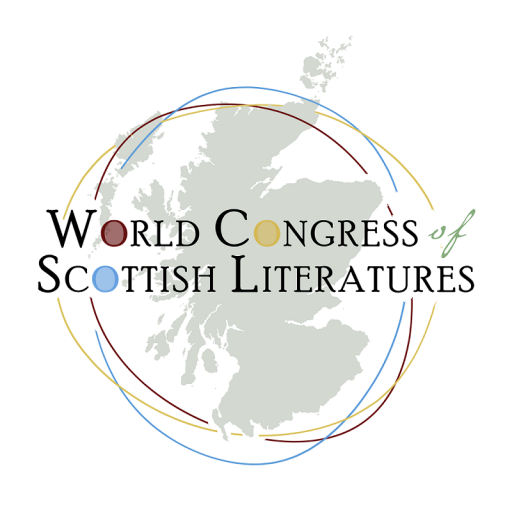“The Kingdom of Scotland to the Right”: Atlanticism, Celticism and Galician Perceptions of Scotland
A central European traveller in Galicia, in the north-west of the Iberian Peninsula, claimed that, from the coast he was able to devise “Scotland to the right”. Although geographically – and historically – the proximity between the two small nations has never been great, it is surprising to many the extent to which the Galician people have used the perceived connections with Scotland to enhance and reinforce concepts of self-identity. While the centralised Spanish state has historically looked to Mediterranean models for its cultural prototypes, Galicia has seen in the world of the Atlantic periphery, notably in Ireland, Scotland and Brittany, a number of apparently shared characteristics which, since the development of political regionalism and proto-nationalism as of the mid nineteenth century have come to define the nature of Galician cultural identity. The central role of the Galician bagpipes, the predominance of pre-Christian festivals related to Samhain and Beltane, the Atlantic climate and irregular topography have, together with an overall sympathy for Scottish history and culture, meant that Scotland, along with Ireland, has had an influence on numerous aspects of Galician life. The words to the Galician national anthem, for example, by the poet Eduardo Pondal, are strongly influenced by MacPherson’s Ossian cycle. This paper aims to look first at the historical and legendary links between Galicia, Scotland and the rest of the perceived Celtic world, before looking into the way in which Scottish cultural models have influenced Galician discourse, at both a nationalist and non-nationalist level.
David Clark, University of Coruña, Galicia
